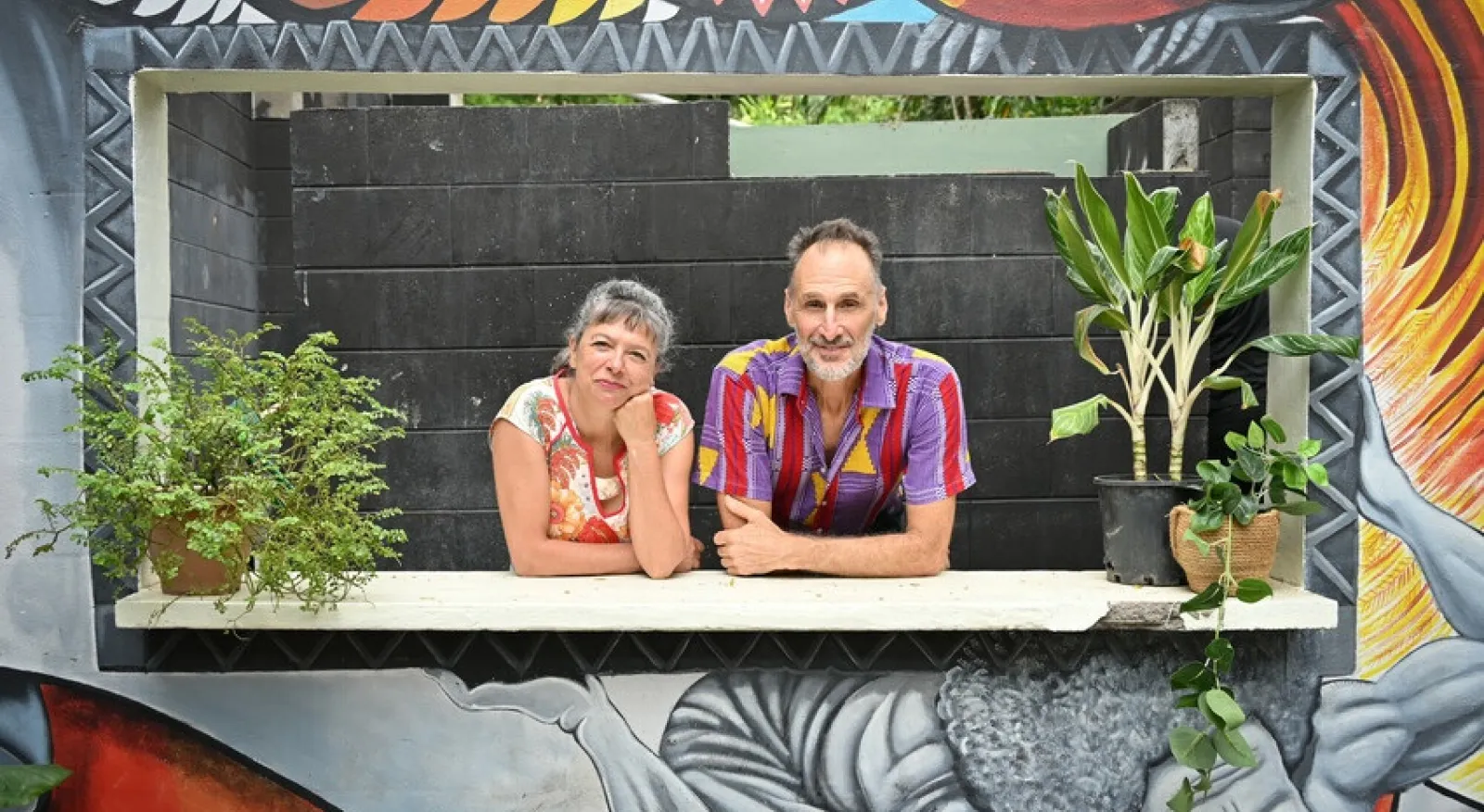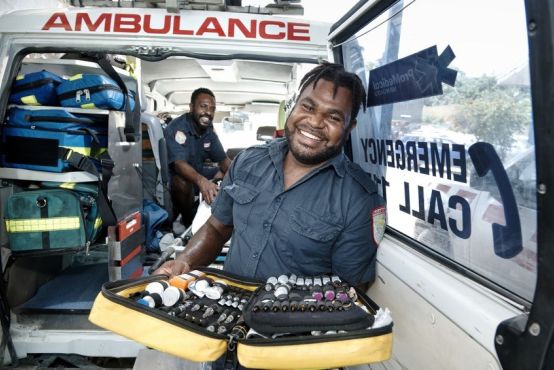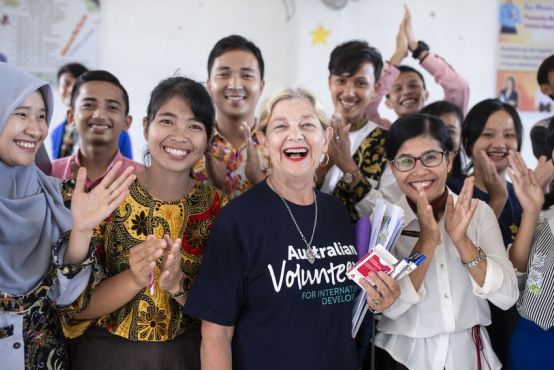The hybrid volunteering journey
From applying for a role to what each phase of your assignment will entail. Learn more about the hybrid volunteering journey.

Life on assignment will be an adventure, discover what you can expect
Your hybrid assignment will contain multiple phases, with at least one in-country phase and one remote phase. It’s important to prepare for your transition from one to the other.
The order of phases and corresponding dates can be found in the assignment description.
Getting started and orientation
Building a relationship with your partner organisation and in-country team is crucial.
- Your in-country team will invite you to join an orientation program, which may include language lessons.
- Your partner organisation will provide you with adequate resources for both the in-country and remote phases of your assignment.
Assignment phases
A key part of the hybrid volunteering journey will be managing the planning and the transition between in-country and remote phases.
There are a range of considerations to beginning your assignment with an in-country phase or remote phase. We encourage you to think about how this applies to your assignment so that you can make the most of each phase of your hybrid assignment.
For example, starting remotely is an opportunity to get to know your colleagues and start planning what you will do when in-country while your visa and paperwork process. This will mean you can hit the ground running when you arrive in-country.
Alternatively, if you start your assignment in-country, this is an opportunity to agree on communication practices with your partner organisation for the remote phase of your assignment.
Most importantly, there is no downtime between the phases. Travel time and leave are still part of your assignment. If your assignment is still active when you land in Australia after your time in-country, you will be considered in your remote phase, and vice versa.
Safety and security
While in-country, your in-country team will work with you to complete a Personal Security Plan and Accommodation Security Plan.
You’ll participate in a safety and security briefing as part of your country orientation.
Safety and security
Understanding risks and planning ahead are important aspects of staying safe on assignment
Learn more
Monitoring, evaluation and learning
Monitoring, evaluation and learning (MEL) is an important part of the program as it helps to track progress and outcomes, for both individuals and the larger program. All volunteers and partner organisations are required to complete MEL activities. The following MEL forms will be completed by you and your partner organisation. The forms are completed online through your portal account.
- Prepare an initial Assignment Plan with your partner organisation to outline objectives and activities.
- Conduct a mid-year review for assignment of 11 months or longer.
- Conduct an End of Assignment Evaluation at the end of your assignment.
Learning and development
In addition to your orientation, you will have access to information and online resources as well as a Learning Portal for additional learning and collaboration opportunities. You will also have access to up to AUD400 as reimbursement for language lessons undertaken to support your remote assignment.
Staying connected
There are a range of professional and personal development opportunities, and chances to network with other volunteers and partner organisations.
Depending on the duration of your assignment, you may have the opportunity to participate in:
- Catch-ups hosted by your in-country team
- Webinars
- Communities of Practice discussion forums
Well-being and personal safety
Volunteers have access to a range of support while on assignment, including:
- Support from your in-country team
- Psychological support services
While in-country
- You will have access to health care services and insurance cover
- You will also be supported to maintain your personal safety with training and by completing self-care plans.
Looking after your health
Support is available for your physical, mental and social well-being.
Learn more
Travel and leave
During your in-country phase, you can take leave and may wish to travel.
Volunteers are entitled to a minimum of four weeks (20 working days) annual leave per year, accrued on a pro-rata basis.
- You must request approval from your partner organisation and consult with the in-country team when planning leave. The partner organisation is within its rights to request changes to the timing and duration of leave in accordance with its own organisational priorities.
- Leave and travel requests are submitted to and approved by your in-country team.
During your remote phase, please advise your partner organisation and the in-country team if you are taking leave for more than a week.
Arriving in-country
Information on what happens when you arrive can be found in Section 4 of the Volunteer Guidebook.
Learn more
Looking for more information
Support
We provide a range of support services to help you make the most out of your assignment.
Learn moreFrequently Asked Questions
Browse our extensive list of FAQs covering remote and in-country volunteering and more.
Explore the FAQsVolunteer Guidebook
Get a comprehensive overview of the volunteer journey from recruitment to alumni.
Download now